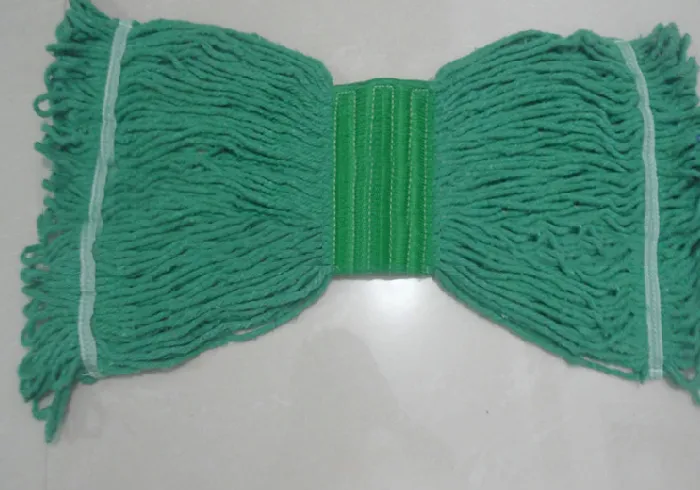what makes a sewing machine heavy duty
What Makes a Sewing Machine Heavy Duty?
When it comes to sewing machines, the term heavy duty typically refers to models that are designed to handle thicker fabrics and more rigorous stitching tasks than standard machines. For enthusiasts and professionals alike, understanding what defines a heavy-duty sewing machine is essential to making informed purchasing decisions. In this article, we will explore the characteristics that make a sewing machine heavy duty, its advantages, and what users should consider when selecting one.
Build Quality and Design
One of the most significant factors that contribute to the heavy-duty classification of a sewing machine is its build quality. Heavy-duty sewing machines are constructed with robust materials, often featuring a metal frame rather than plastic. This sturdiness provides stability during sewing, reducing vibrations and ensuring precise stitching, even at high speeds. A metal frame also extends the machine's lifespan, making it a wise investment for those who sew frequently or work on intricate projects.
Motor Performance
Another critical aspect is the motor's power. Heavy-duty sewing machines typically have more powerful motors compared to standard machines, allowing them to sew through multiple layers of fabric, including denim, leather, and upholstery. The motor's strength enables the machine to maintain consistent stitching speed and torque, which is especially important when working with tougher materials. Moreover, some heavy-duty models offer additional features such as variable speed control, providing users with the ability to adjust the speed according to the project requirements.
Stitching Capability
Heavy-duty sewing machines usually come equipped with a wider variety of stitching options and enhancements designed for complex projects. These may include different types of straight stitches, zigzag stitches, and decorative stitches. Importantly, they often have the capability to adjust stitch length and width, allowing for greater control over sewing patterns. Additionally, many heavy-duty models feature a higher number of preset stitches tailored for heavy fabrics, making them incredibly versatile.
what makes a sewing machine heavy duty

Needle and Presser Foot Options
The type of needle and presser foot used in sewing machines also contributes to their heavy-duty status. These machines typically accommodate larger, stronger needles that can penetrate thick fabrics without bending or breaking. Furthermore, they often come with specialized presser feet, such as walking feet and zipper feet, which enhance sewing performance on various materials. A walking foot is particularly beneficial for quilting or sewing multiple layers, as it prevents the fabric from slipping.
Feed Dogs and Tension Control
The feed dog system in heavy-duty sewing machines is designed to handle thick layers with ease, ensuring even feeding of the fabric during sewing. This feature is crucial when working with materials that have a propensity to shift or bunch up. Additionally, heavy-duty sewing machines often offer advanced tension control, allowing for precise adjustments based on the fabric type and thickness, which is essential for achieving high-quality results.
Durability and Maintenance
Finally, the durability of a heavy-duty machine goes beyond its materials and motor. These machines are engineered to withstand extensive use, making them an ideal choice for professional seamstresses, tailors, and avid hobbyists. However, it's essential to remember that regular maintenance is key to ensuring longevity. Keeping the machine clean, lubricating moving parts, and following manufacturer guidelines will enhance its performance and lifespan.
Conclusion
In summary, heavy-duty sewing machines are characterized by their robust build, powerful motors, versatile stitching options, and specialized features designed to handle challenging materials. They offer numerous advantages including stability, precision, and durability, making them an invaluable tool for anyone serious about sewing. When selecting a heavy-duty sewing machine, it’s important to consider factors such as the types of projects you plan on undertaking, the fabrics you will be using, and your level of sewing expertise. By understanding these key aspects, you can choose a sewing machine that meets your needs and enables you to create stunning projects with ease and confidence.
-
Boost Production Efficiency with a Pattern Sewing MachineNewsAug.29,2025
-
Industrial Excellence with the Best Heavy Duty Sewing MachineNewsAug.29,2025
-
Precision and Power with the Best Pattern Sewing MachineNewsAug.29,2025
-
Reliable Bulk Packaging Starts With the Right FIBC Sewing MachineNewsAug.29,2025
-
Advanced Packaging Solutions: Elevate Productivity with Jumbo Bag Sewing Machine and Industrial Stitching EquipmentNewsAug.29,2025
-
High-Performance Solutions for Bulk Packaging: FIBC Sewing Machine and MoreNewsAug.29,2025
-
Maximize Efficiency with an Industrial Cylinder Arm Sewing MachineNewsAug.28,2025


























